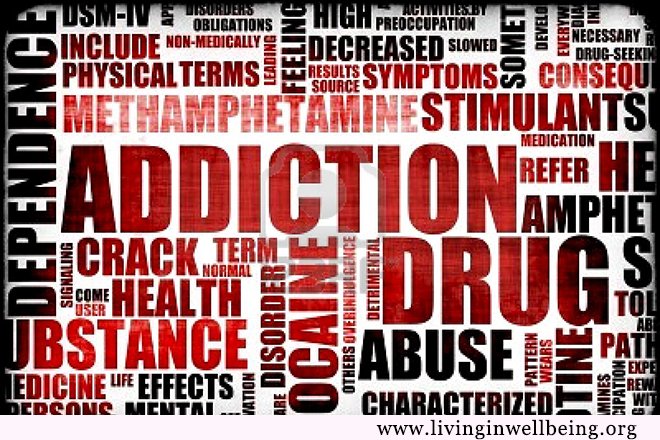
In the first installment of this article series, we talked about the importance of addicts deliberate, personal, and daily efforts in their recovery programs and how regular exercise and good nutrition are essential areas to work on. While exercise and nutritious eating may seem like obvious things to do, they can actually be essential for substance abusers long term recovery. However, there are also many critical social components to a successful recovery. Addicts need to foster meaningful relationships with family, friends, and other peers in order to stay sober.
2. Social Improvements
Interpersonal Relationships
Relationships are the most important part of human life to addicts and non-addicts alike. In most cases, a persons most critical relationships are the most intense and loving. These include family ties as well as romantic ones and they typically drive the most important decisions in peoples lives. It is for this reason that family interventions are among the most effective means of getting addicts to seek help.
Building or repairing relationships can also be some of the most frustrating parts of addiction recovery programs. Many addicts have damaged or severed their interpersonal ties through drug abuse and its related consequences. They must often change the dynamic of these relationships in order to make them productive and positive once again.
In other situations, however, addicts themselves must be the ones to sever ties and cut off contact. Old friends and significant others who supported addicts drug abuses might be detrimental to maintaining sobriety. Furthermore, briefly abstaining from romantic relations altogether is common practice among addicts. Low self-esteem and drug abuse go hand-in-hand, and people who are not confident in themselves are typically not confident in their abilities to contribute to relationships.
Friends and Acquaintances
Recovering addicts often lose old friends as they rejoin the world outside their rehab clinics. In some cases, these friends are simply no longer willing to associate with addicts whose behaviors drove them apart. In other cases, these people are unable or unwilling to support recovery and sobriety. They may use drugs themselves or live a lifestyle which heavily involves addictive substances.
Sometimes addicts need to develop a whole new network of friends and acquaintances. They have to avoid people who might trigger relapses, and they have to actively seek more productive relationships with other drug-free and positive people.
Support Groups
Attending meetings of like-minded people in similar situations can be crucial for some addicts to maintain sobriety after a treatment program. Popular addiction support groups include Alcoholics Anonymous and Families Anonymous. These groups are particularly critical for those in the earliest stages of recovery. They can learn coping strategies from more experienced members and gain reassurance that long-term sobriety is possible.
To find out more about the important steps in a daily recovery plan, read the third installment in this series. It discusses how to deal with the symptoms of Post Acute Withdrawal Syndrome, as well as the spiritual aspects of rehabilitation.
If you or a loved one needs help now, please follow the links below for a free consultation with one of our addiction treatment specialists. If you are struggling with addiction, there is no time to waste.












